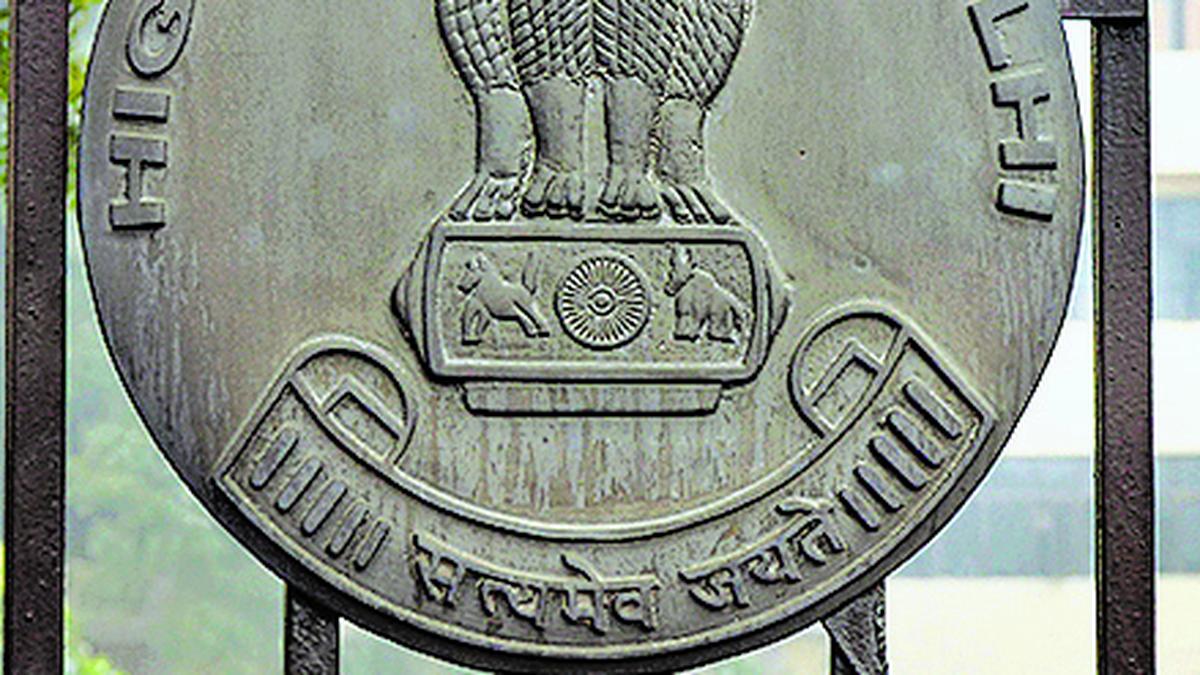
Implement ‘National Litigation Policy’ in time-bound manner: HC to Centre
The Hindu
A bench noted that more than a decade has passed since the discussion on the issue of a litigation policy commenced.
The Delhi High Court has order the Centre to prepare a time-bound action plan for implementation of the ‘National Litigation Policy’ noting that overwhelming majority of cases currently clogging the judicial system involve either the Central Government, State Governments, or public sector undertakings (PSUs).
National Litigation Policy, which was conceived in October 2009 with the objective to bring down the litigation from government agencies, has remained in draft stage at that juncture.
A bench of Chief Justice Satish Chandra Sharma and Justice Sanjeev Narula, on Friday, noted that more than a decade has passed since the discussion on the issue of a litigation policy commenced and “it is unclear as to when the proposed framework or guidelines will be in place”.
The bench highlighted that “there is thus an urgent need for a system that prevents unnecessary litigation by engaging in an audit of the decision-making process which leads to such litigation”.
The High Court’s order came while dealing with a public interest litigation (PIL) initiated by it after encountering a bunch of cases involving the Indian Railways and Cement Corporation of India Limited where “they resorted to unfounded arguments and false assertions”.
The High Court said, “There appears to be a troubling ethos among government officers: a belief that false claims can be advanced with impunity. These actions not only perpetrate injustice upon genuine litigants but also place undue burden on both the judiciary and the government”.
“The officials responsible for raising these frivolous claims often escape without any consequences, fuelled by the absence of mechanisms for accountability for such misconduct. This stark lack of accountability, which carries significant public implications, amplifies the urgency for systemic reform to prevent such instances from recurring,” the High Court added.













